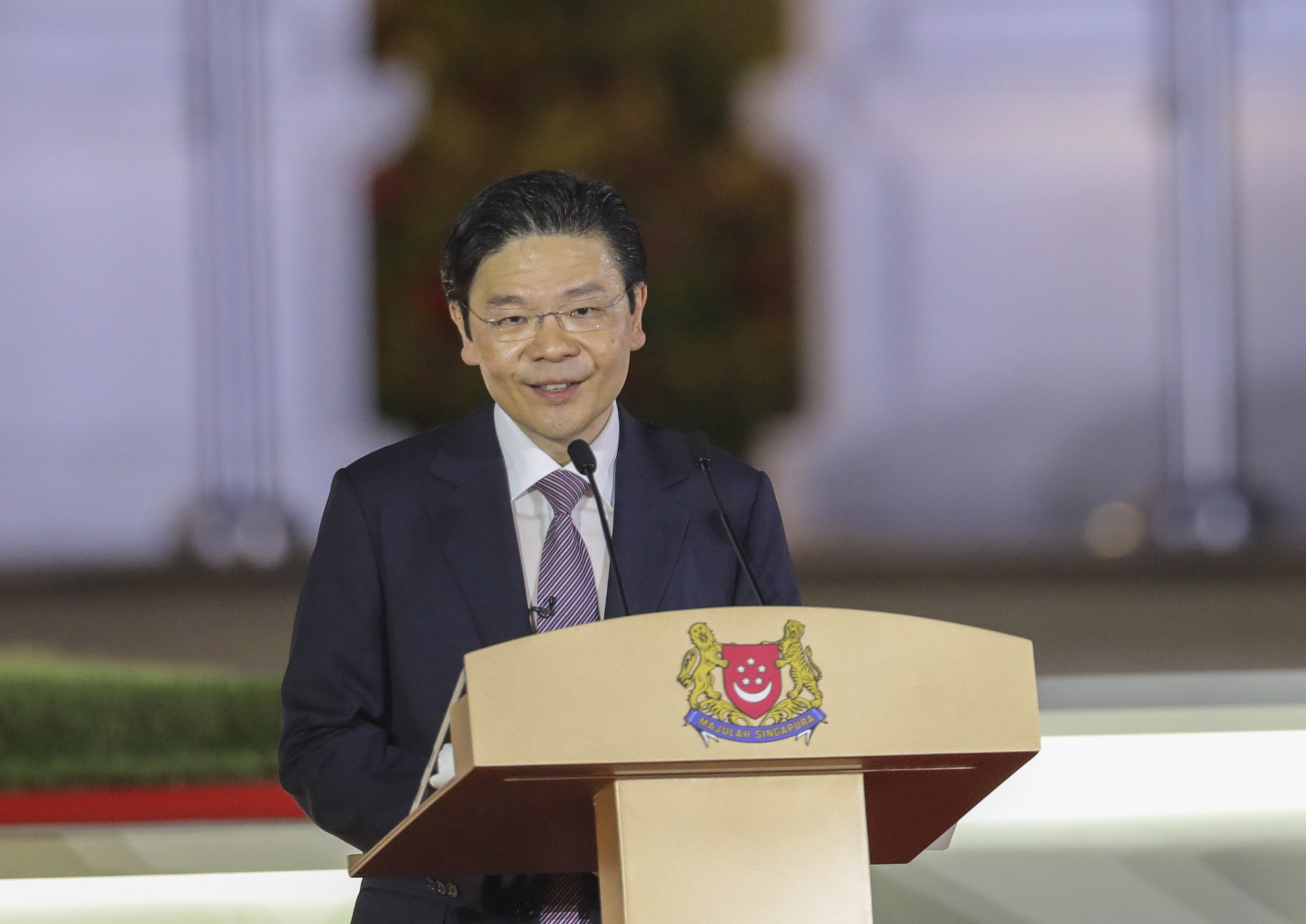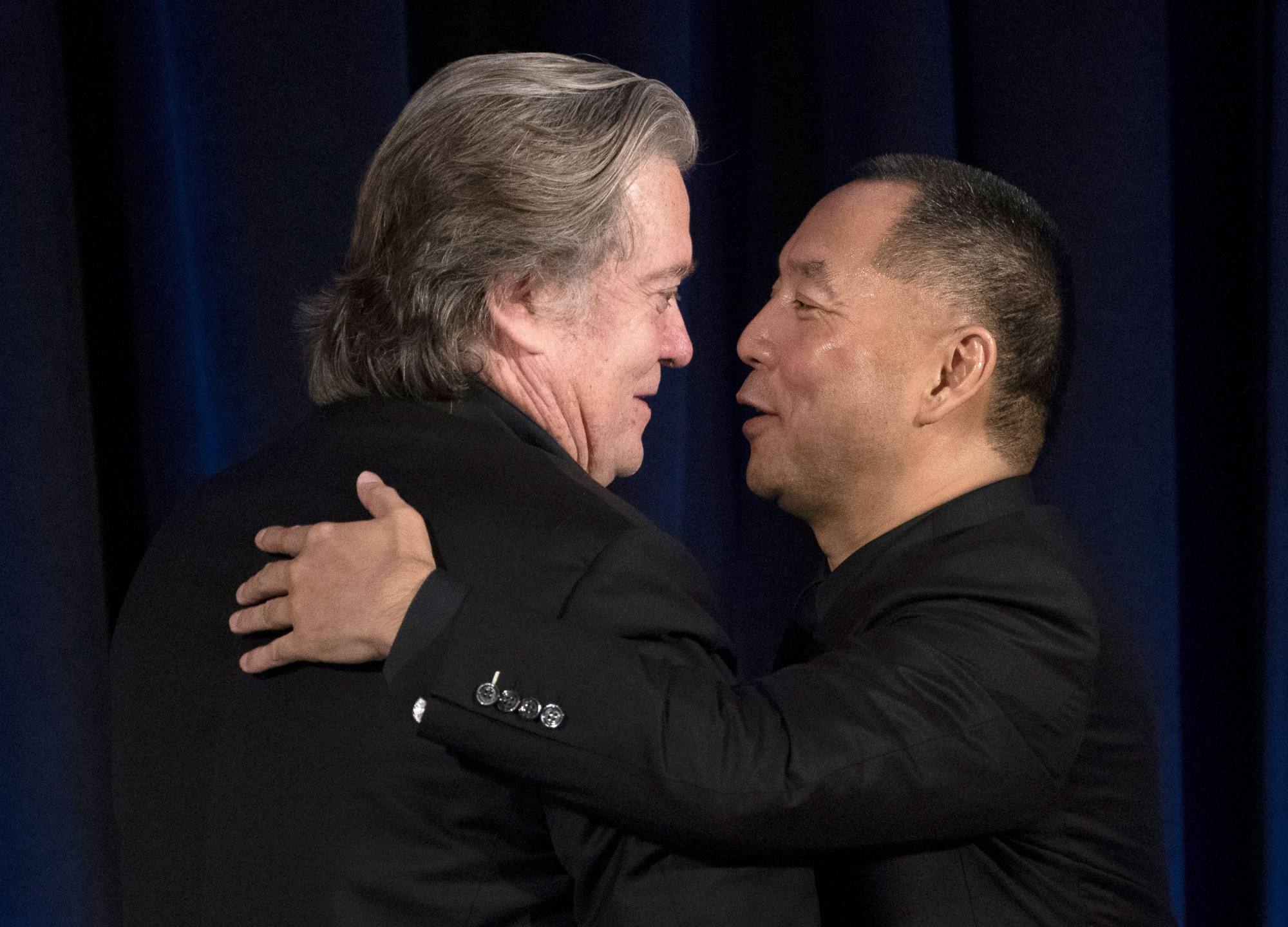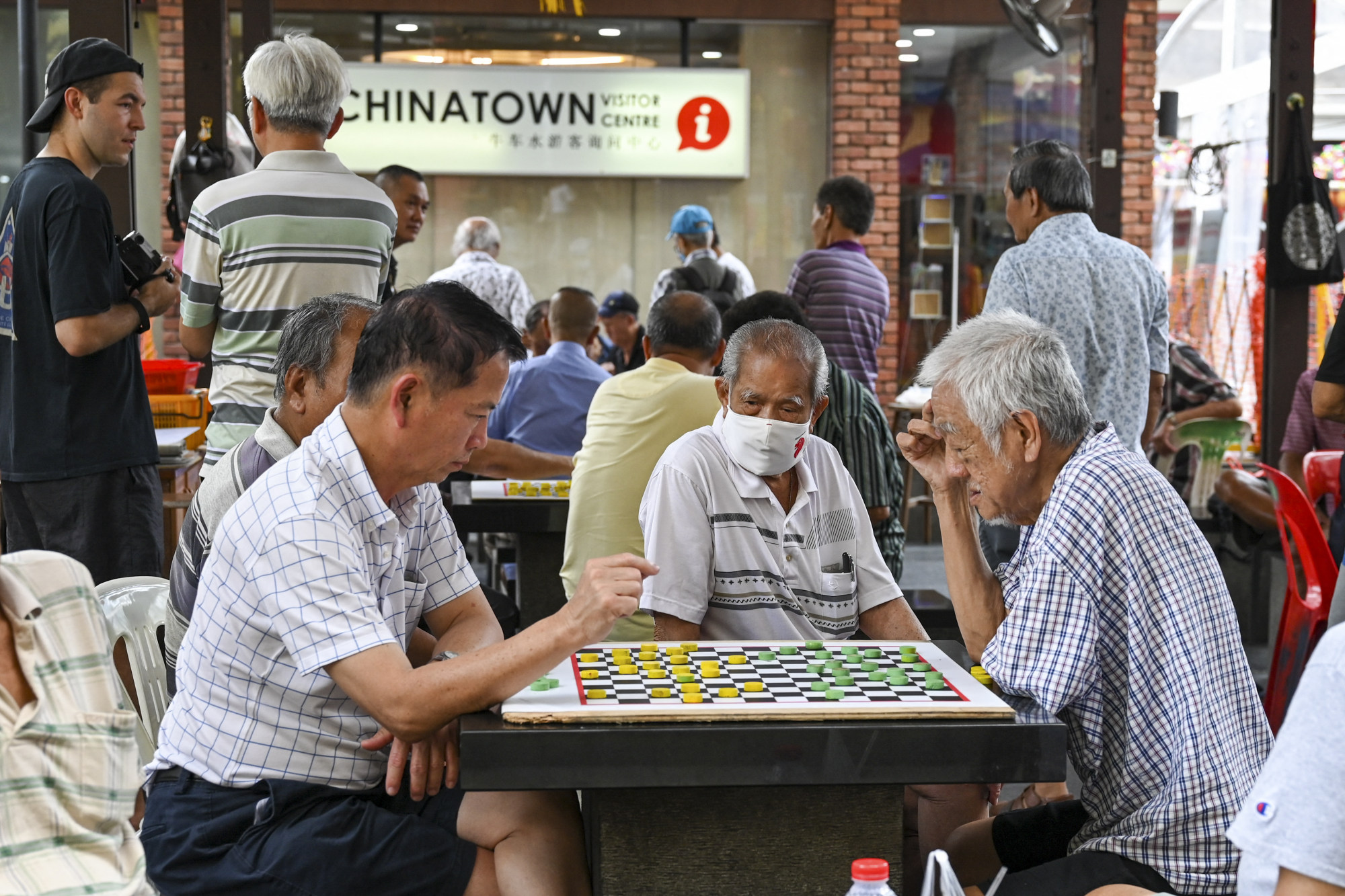Singapore orders social media sites to block accounts linked to exiled Chinese businessman – Technologist
While observers note Singapore’s authorities have been swift to draw “a red line” against foreign interference, the multiracial city state is susceptible to online foreign influence, particularly regarding pro- or anti-China media content.
Among the 4.15 million resident population in Singapore about three-quarters are Chinese, 13.5 per cent are Malays and 9 per cent Indians. The resident population comprises citizens and permanent residents.
The ministry said that between April 17 and May 10, 92 of these accounts published more than 120 posts containing videos on Singapore’s leadership transition “in a coordinated manner”.
The posts alleged that Singapore was “in the pocket of a foreign actor”, and that the “foreign actor” was involved in the selection of Singapore’s fourth-generation leader “behind the scenes”, the ministry added. Singapore’s fourth Prime Minister Lawrence Wong was sworn in on May 15, taking over the reins from now-Senior Minister Lee Hsien Loong, who said Wong was chosen by his peers within the ruling People’s Action Party as the country’s leader.
Investigations found that the network of 92 accounts were linked to Guo and his affiliated organisations, the New Federal State of China and the Himalaya Supervisory Organisation. The other three accounts belong to a Singapore chapter under the Himalaya Supervisory Organisation.
The New Federal State of China is a right-wing political and lobby group created by Guo and Steve Bannon, the ex-White House chief strategist for former US president Donald Trump. The Himalayan Supervisory Organisation is a non-governmental organisation started by Guo and Bannon in support of the lobby group.
The ministry also cited a 2021 study by social media analytics firm Graphika which found Guo was at the centre of a vast network of interrelated media entities and social media accounts that disseminated disinformation across multiple platforms.

Who is Guo?
Guo, an outspoken critic of China’s government, was convicted on Tuesday in a US federal court on charges of stealing hundreds of millions of dollars from online followers.
The former real estate tycoon is wanted by Beijing for a range of crimes including bribery and sexual assault, charges he has claimed are politically motivated. He fled China in 2014 and became an ardent supporter of Trump.
Last September, three of Guo’s media companies – GTV Media Group, Saraca Media Group and Voice of Guo Media Inc – were ordered by a judge to pay US$539 million in penalties related to illegal cryptocurrency sales.
He declared bankruptcy in February 2022 after a state judge ordered him to pay a fine of US$134 million or face arrest as he had violated a court order to keep his luxury yacht in American waters linked to a dispute over debts that he owed.

Experts who spoke to This Week in Asia said Guo’s extensive network and track record of misinformation campaigns were likely to have prompted the Singapore authorities to act.
Shashi Jayakumar, founder and executive director of geopolitical risk consultancy SJK Geostrategic Advisory, said Guo’s network had come under the radar of those who followed such issues. “This is an influence network orchestrated at an international scale by an actor or actors with a political agenda, keen to condition the mindsets of others.”
The network is very large and the Singapore chapter is a “small part of the overall ecosystem”. “The tentacles range from the US to Germany to Japan and many others,” Jayakumar added.
Bilveer Singh, a political scientist from the National University of Singapore (NUS), said: “Guo, with his network … can change many minds because the majority of society is dependent on social media and on this digital way of living, and he is the master of it.”
It’s a hydra snake; you cut one, another will resurface
“It’s a hydra snake; you cut one, another will resurface,” added Singh, referring to the extensiveness of Guo’s network.
Ethnic Chinese majority
Ja Ian Chong, an associate professor of political science at NUS, noted that aside from Singapore’s ethnic Chinese majority, the common use of Chinese languages and relatively fewer Chinese-language media offerings in the country meant there was a demand for Chinese media content.
“This demand presents a potential vulnerability. Similar risks may apply to media in other non-English languages common to Singapore, but the size of these audiences relative to the population is smaller,” said Chong.
Benjamin Ang, Head of the Centre of Excellence for National Security at the S. Rajaratnam School of International Studies, concurred: “We can expect that foreign entities, whether businesses, partisan groups, wealthy individuals, or even countries, would try to influence Singaporeans in either pro-China or anti-China directions because of our large ethnic Chinese and Chinese-speaking population, and also because it’s highly profitable for the clicks.”
Singh noted recent events including TikTok’s Singaporean chief executive Chew Shou Zi being grilled by US lawmakers on his nationality during a hearing in March meant that the Singapore government would want to dispel misconceptions about affiliations with China. During the hearing, the lawmakers also pressed Chew on whether he had links to the Communist Party of China, which he denied.
Singh said: “As a new Prime Minister, Lawrence Wong will want to put his foot down and bare his teeth so that the international community plus his local constituents know that he cannot be messed with.”
Under FICA, social media platforms that do not comply with an order can be found guilty of an offence which could entail a fine of up to S$1 million (US$740,000). In the case of a subsequent offence, they could face a fine of up to S$100,000 for every day after conviction.

This Week in Asia has reached out to the five platforms on whether they would comply with the order.
YouTube said it was reviewing the order from the Singapore government. A spokesman said: “We review government removal requests when notified through the correct legal processes… Where appropriate, we restrict or remove content in keeping with local laws and our Terms of Service after a thorough review.”
TikTok confirmed it has complied with the directive. The platform said it has restricted access for end-users in Singapore to one account that was involved.
Eugene Tan, associate professor of law at the Singapore Management University, said the providers were likely to comply since the direction only applied to users in Singapore. “It would be surprising to me if they sought to challenge the direction all the way to the review tribunal. They may opt to appeal to the Minister to assert some agency.”
Ang pointed out that social media companies had complied with orders under the city state’s fake news law and he expected they would cooperate again.
In 2020, Facebook expressed “deep concern” after it was “legally compelled” to comply with an order to block access to alternative media States Times Review’s Facebook page under the fake news law.
Regardless of compliance, it was significant that Singapore had signalled it had “legal tool kits to deal with what we assume to be very real foreign interference threats in our domestic politics”, Singh said.
“The signal is very clear. We have drawn a red line and this type of deliberate and calculated internal interference is unacceptable.”



